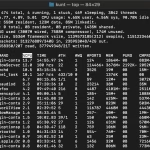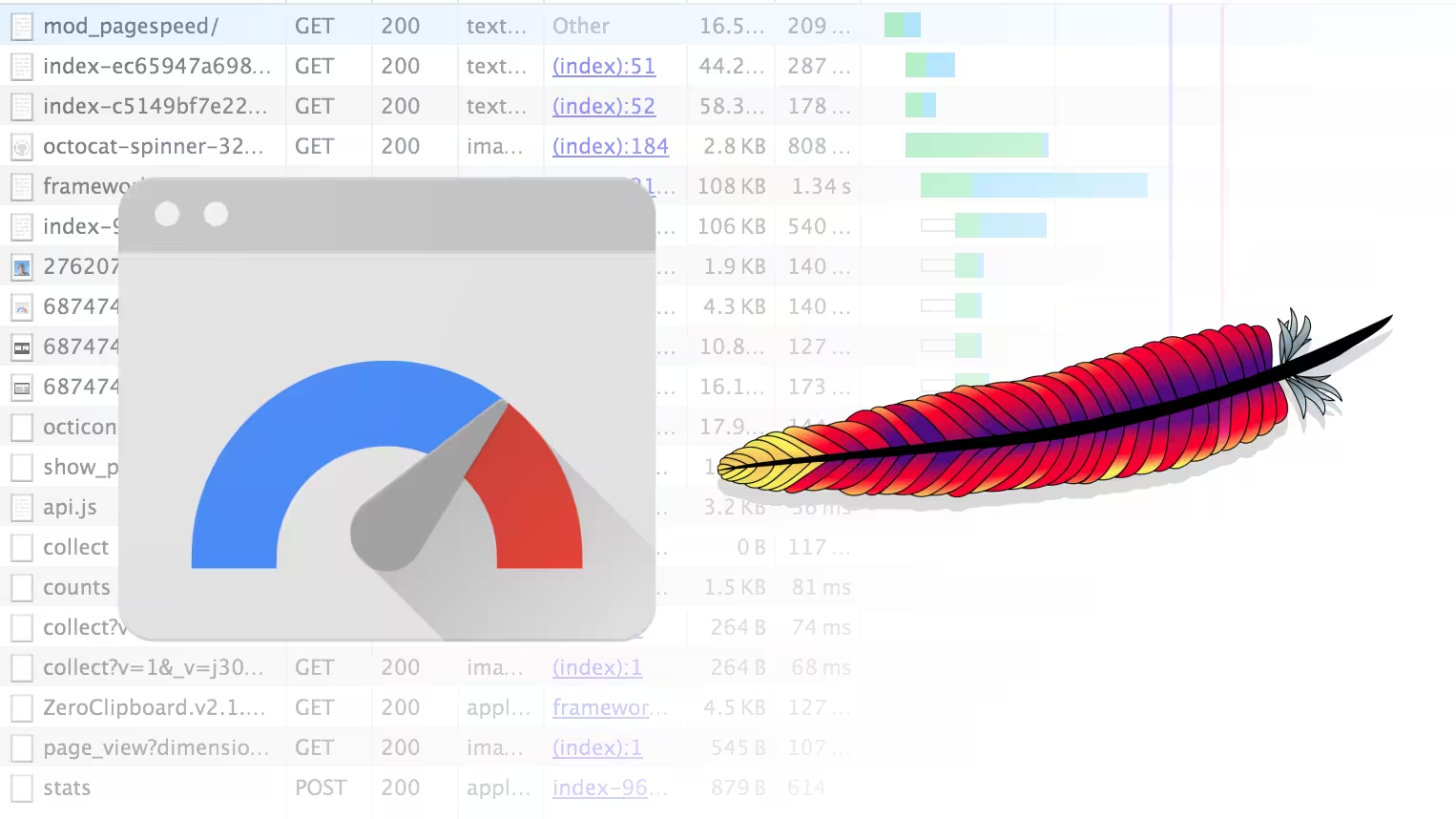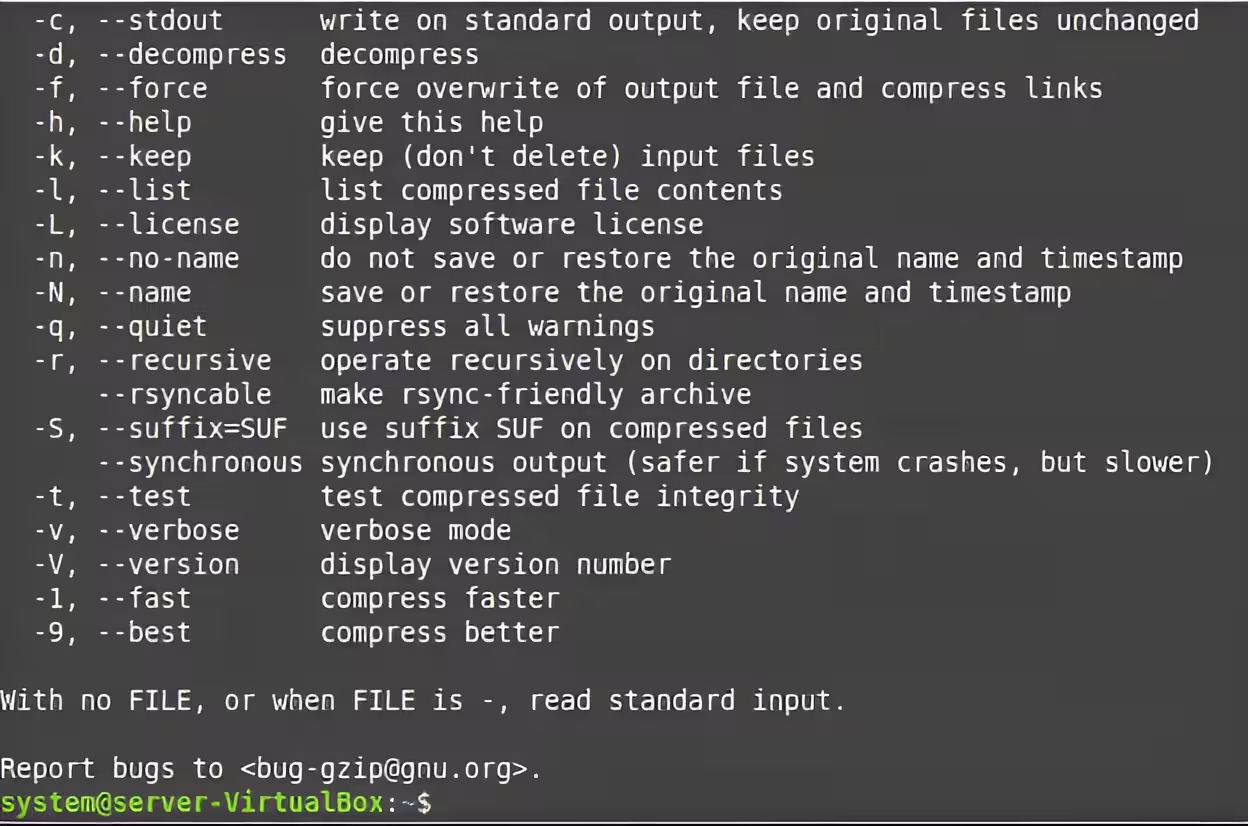The mmv command is a versatile utility for moving, renaming, copying, or linking multiple files by matching filename patterns. It simplifies batch file operations that would otherwise require loops or more complex scripting.
Install mmv (if not pre-installed)
# Debian/Ubuntu
sudo apt install mmv
# Fedora
sudo dnf install mmv
# macOS (via Homebrew)
brew install mmvBasic Syntax
mmv [options] 'source_pattern' 'target_pattern'Use single quotes (') to prevent shell expansion of wildcards like * or ?.
Common Use Cases
1. Rename Files with a Pattern
Replace all .txt extensions with .md:
mmv '*.txt' '#1.md'#1captures the wildcard match from the source pattern (e.g.,file1.txt→file1.md).
2. Add a Prefix to Filenames
Add backup_ to all .jpg files:
mmv '*.jpg' 'backup_#1.jpg'- Example:
photo.jpg→backup_photo.jpg.
3. Change Filename Case
Convert all .JPG filenames to lowercase:
mmv '*.JPG' '#1.jpg' -l- Use
-lfor lowercase or-ufor uppercase.
4. Replace Substrings
Replace underscores _ with hyphens - in filenames:
mmv '*_*' '#1-#2'- Example:
report_2023.txt→report-2023.txt.
5. Sequential Numbering
Rename all .png files to image_1.png, image_2.png, etc.:
mmv '*.png' 'image_#1.png' -n 1-n 1starts numbering at1.
6. Copy Files (Instead of Move)
Copy all .conf files to .conf.bak:
mmv -c '*.conf' '#1.conf.bak'-c: Copy instead of move.
7. Delete Substrings
Remove temp_ from filenames:
mmv 'temp_*' '#1'- Example:
temp_data.csv→data.csv.
Advanced Options
- Dry Run: Preview changes without executing (
-n):
mmv -n '*.log' '#1.log.bak'- Verbose Mode: Show detailed output (
-v):
mmv -v '*.txt' '#1.md'- Symbolic Links: Create links instead of moving (
-l):
mmv -l '*.sh' 'scripts/#1'Handling Spaces/Special Characters
Use \ to escape spaces or special characters:
mmv 'file\ with\ spaces*.txt' 'new_#1.txt'Caveats
mmvoverwrites files by default. Use-nto test first.- For more complex regex, consider the
renamecommand (Perl-based).
Alternatives
rename(Perl):
rename 's/\.jpeg$/\.jpg/' *.jpegfind+xargs:
find . -name "*.txt" -print0 | xargs -0 -I {} mv {} {}.bak









